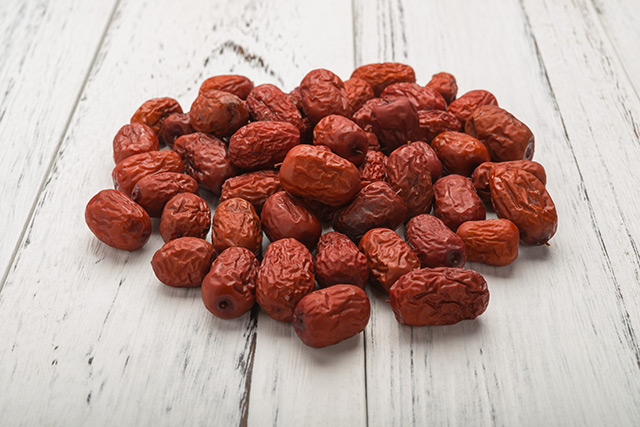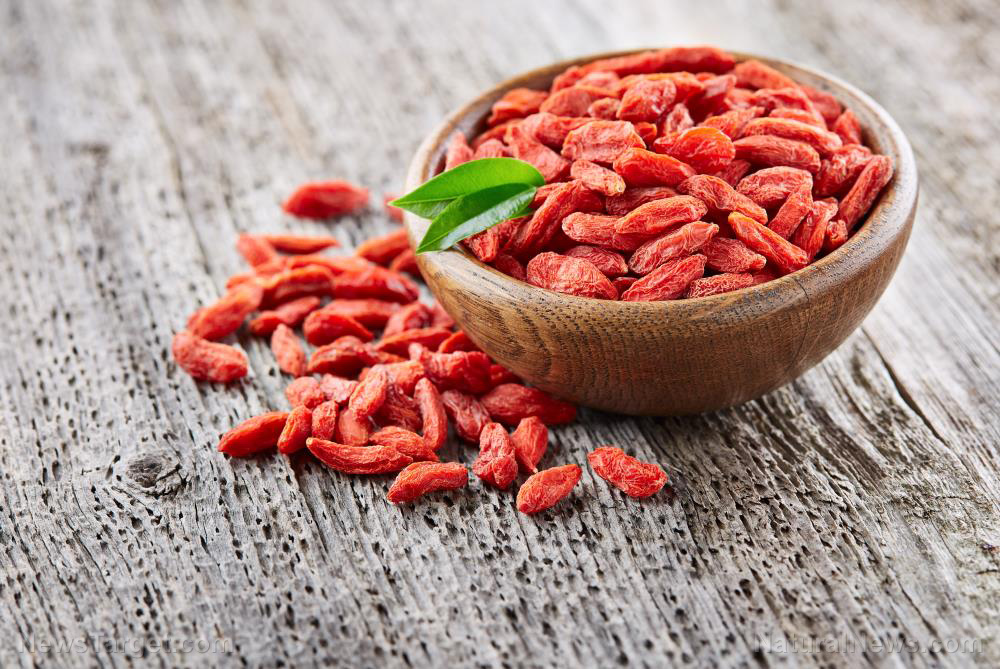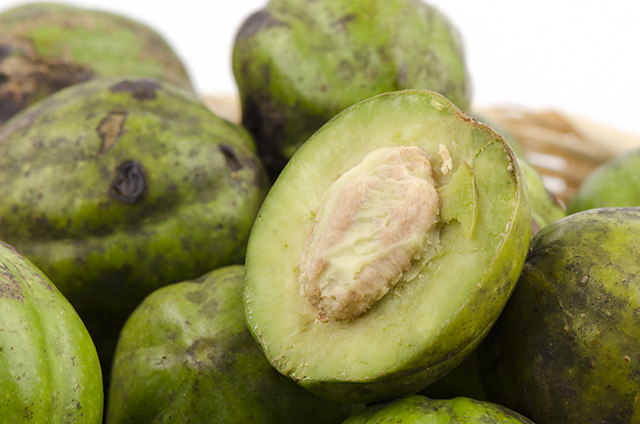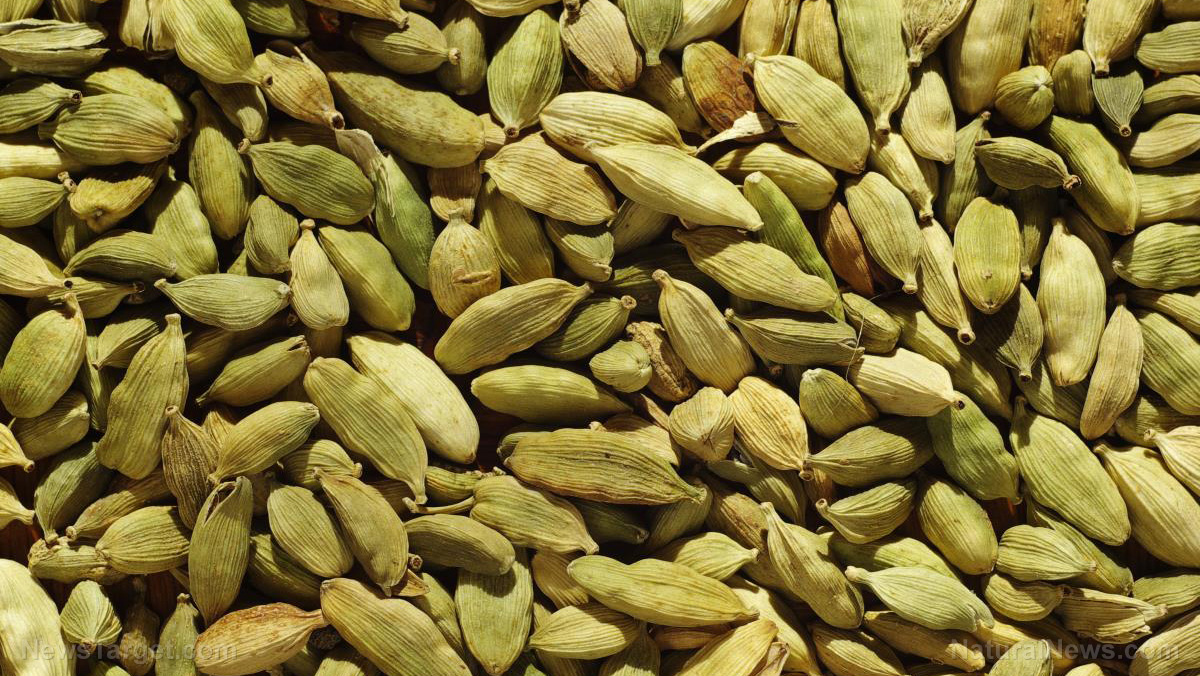Brain-boosting food: Fish prevents Parkinson’s disease
08/06/2018 / By Tracey Watson

Those of us who grew up in the 1980s are familiar with Parkinson’s disease because we have watched in shock as its effects have slowly ravaged the body of one of our most beloved actors: Michael J. Fox. More recently, news broke that Alan Alda, best known for his role as Capt. Benjamin Franklin “Hawkeye” Pierce on the 1970s hit TV show M*A*S*H, has been fighting the disease for three years. The truth is, Parkinson’s can strike anyone, anywhere, and many of us have a family member or loved one who is battling the disease.
Medical experts cannot pinpoint the causes of Parkinson’s, though it is believed to have both genetic and environmental triggers. Now, an encouraging new study by researchers from Chalmers University of Technology, Sweden, provides hope that this devastating disease can be prevented through the increased consumption of fish.
The link between eating fish and decreasing the risk of Parkinson’s
Fish is undeniably one of the healthiest foods on the planet. Loaded with nutrients like protein, vitamin D and Omega-3 and 6 fatty acids, eating more fish can lower your risk of heart attack and stroke, promote brain and eye development during pregnancy (but be sure to avoid fish containing mercury), protect against age-related cognitive decline, increase happiness, and much more. (Related: Avoid eating these 11 types of fish to reduce your exposure to mercury.)
Many of the health benefits of fish have been attributed to its high levels of Omega-3 and 6 fatty acids, but while these nutrients undeniably provide excellent health benefits, the Swedish research team discovered that they are not responsible for reducing the risk of Parkinson’s disease. Instead, a protein called parvalbumin, found in large quantities in many types of fish, provides this benefit by preventing the formation of protein structures which are strongly associated with Parkinson’s.
The Chalmers University website explains further:
One of the hallmarks of Parkinson’s disease is amyloid formation of a particular human protein, called alpha-synuclein. Alpha-synuclein is even sometimes referred to as the ‘Parkinson’s protein’.
What the Chalmers researchers have now discovered, is that parvalbumin can form amyloid structures that bind together with the alpha-synuclein protein. Parvalbumin effectively ‘scavenges’ the alpha-synuclein proteins, using them for its own purposes, thus preventing them from forming their own potentially harmful amyloids later on.
Several types of fish are particularly rich in parvalbumin, including herring, cod, carp and redfish like sockeye salmon and red snapper. Interestingly, levels of parvalbumin in these fish fluctuate throughout the year.
“Fish is normally a lot more nutritious at the end of the summer, because of increased metabolic activity,” explained Nathalie Scheers, assistant professor in the Department of Biology and Biological Engineering at Chalmers. “Levels of parvalbumin are much higher in fish after they have had a lot of sun, so it could be worthwhile increasing consumption during autumn,” she added.
It is well-known that other neurodegenerative diseases like Alzheimer’s and Huntington’s diseases are also associated with an increase in amyloid structures in the brain. The team is therefore eager to investigate whether parvalbumin might have beneficial effects in preventing these conditions, too. (Related: Simple eye test could successfully detect Alzheimer’s disease years before symptoms arise, new research shows.)
Certainly, as time passes, we will learn more about the wonderful long-term benefits of eating more fish. In the meantime, the Internet is full of wonderful and delicious recipes to make this superfood even more appealing.
To learn more amazing of the amazing health secrets hiding in our foods, visit Nutrients.news.
Sources for this article include:
Tagged Under:




















